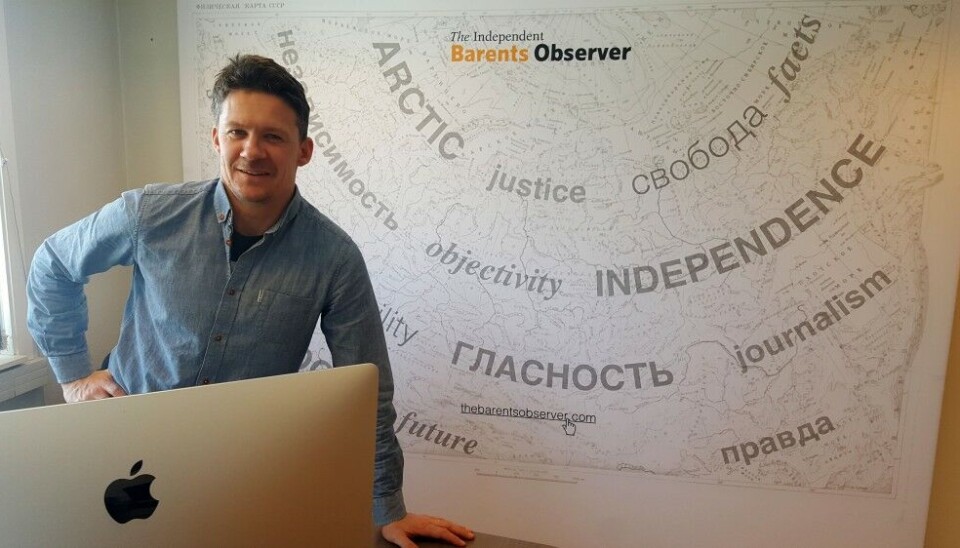
"We will continue to work whatever they call us," assures SOTA editor after declared 'undesirable'
"I consider this label repressive. But I can say for sure that we will continue to work, whatever they call us," says Daria Poryadina, editor of the exile-Russian news outlet SOTA.
It was on May 16 Russia’s Prosecutor General declared independent media outlet SOTA an ‘undesirable’ organization.
“The materials published by SOTA media are nothing more than blatant attempts to destabilize the socio-political situation in Russia, to distort the circumstances that took place in the life of our country, to create tension and irritation in society. Such activities, obviously encouraged by the so-called Western inspirers, are aimed at undermining the spiritual and moral foundations of Russian society,” the Prosecutor General’s Office said in a statement on Telegram.
“Now it will be harder, but in any case we will figure out how to continue working,” editor Daria Poryandina tells to the Barents Observer.
SOTA, not to be confused with SOTAvision, is an independent newsroom working out of the Baltic States after the journalists had to flee Russia’s war censorship introduced in 2022.
According to the General Prosecutor in Russia, SOTA “acts on orders from the foreign non-governmental organizations TV Dozhd and The Insider…”.
SOTA denies any connections with the two media organizations, both previously declared “undesirable” by Moscow’s repressive regime.
The law on undesirable organizations is a follow-up of the ‘foreign agent” law and was introduced in 2015. It mainly targets NGOs and media. Until now, the list includes about 160 entities, including major environmental organizations like Greenpeace, Bellona and WWF.
Russians who maintain cooperation with the ‘undesirable” face penalties, or in worst case up to six years in jail. For media, that means people they interview or get information or economical support from are at high risk.
SOTA news soon after the announcement from the Prosecutor General issued a statement to readers asking them to unsubscribe from donations and remove previous reports to material published by the newsroom on social media.
The same Prosecutor General in 2022 sent a letter to the Barents Observer requesting the Norway-based English, Russian language news outlet closed.

Publisher of the Barents Observer, Atle Staalesen, today gives his full support to SOTA.
“This shows that they are making good journalism,” Staalesen says.
“Russian authorities and the Kremlin are afraid of independent journalists. Barents Observer expresses support and solidarity with SOTA. We hope for continued cooperation.”
















